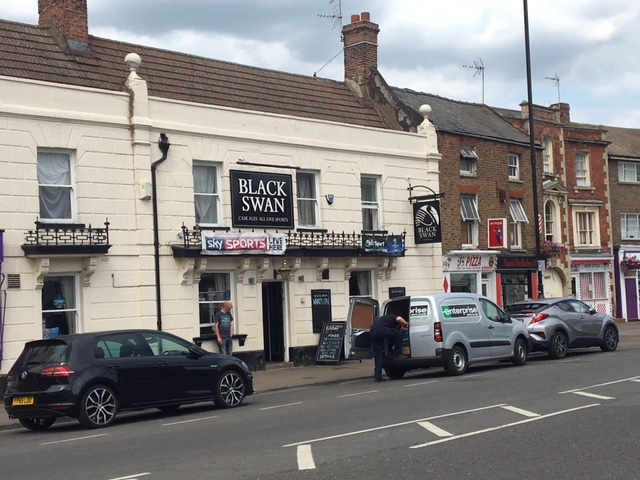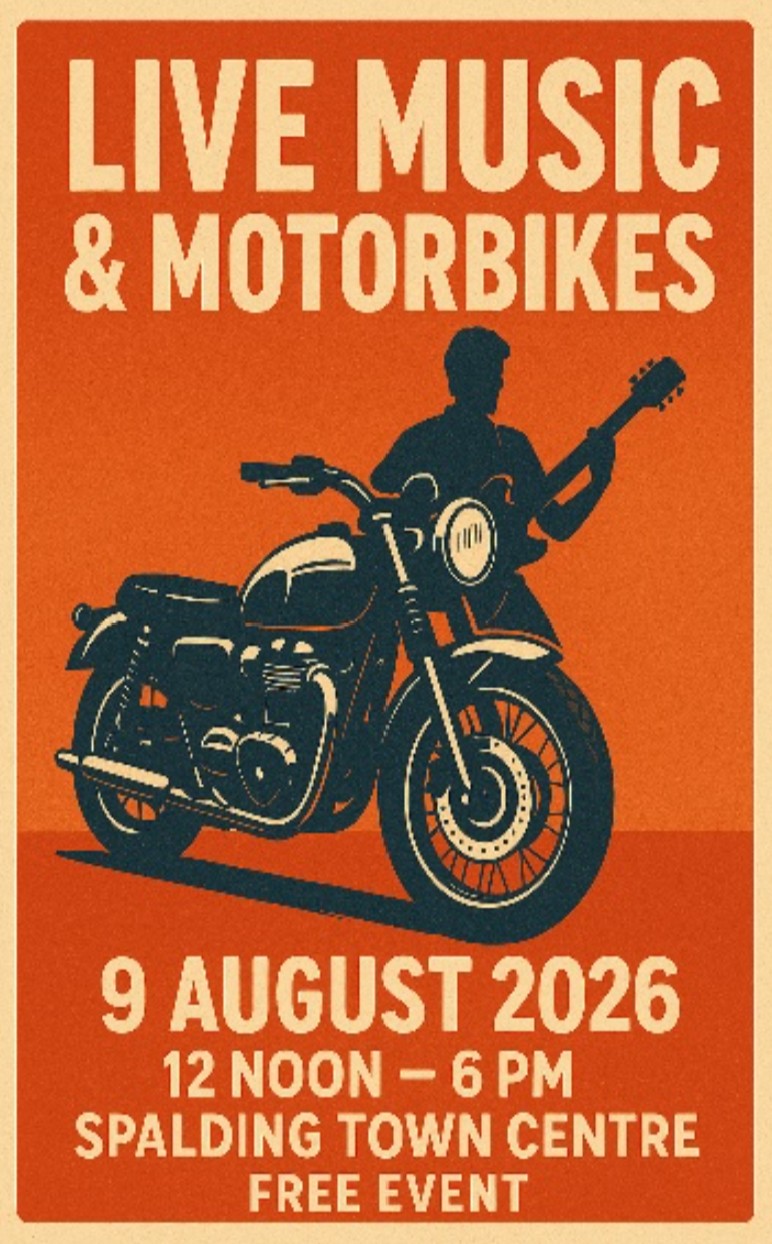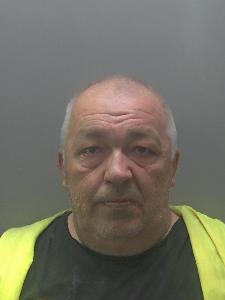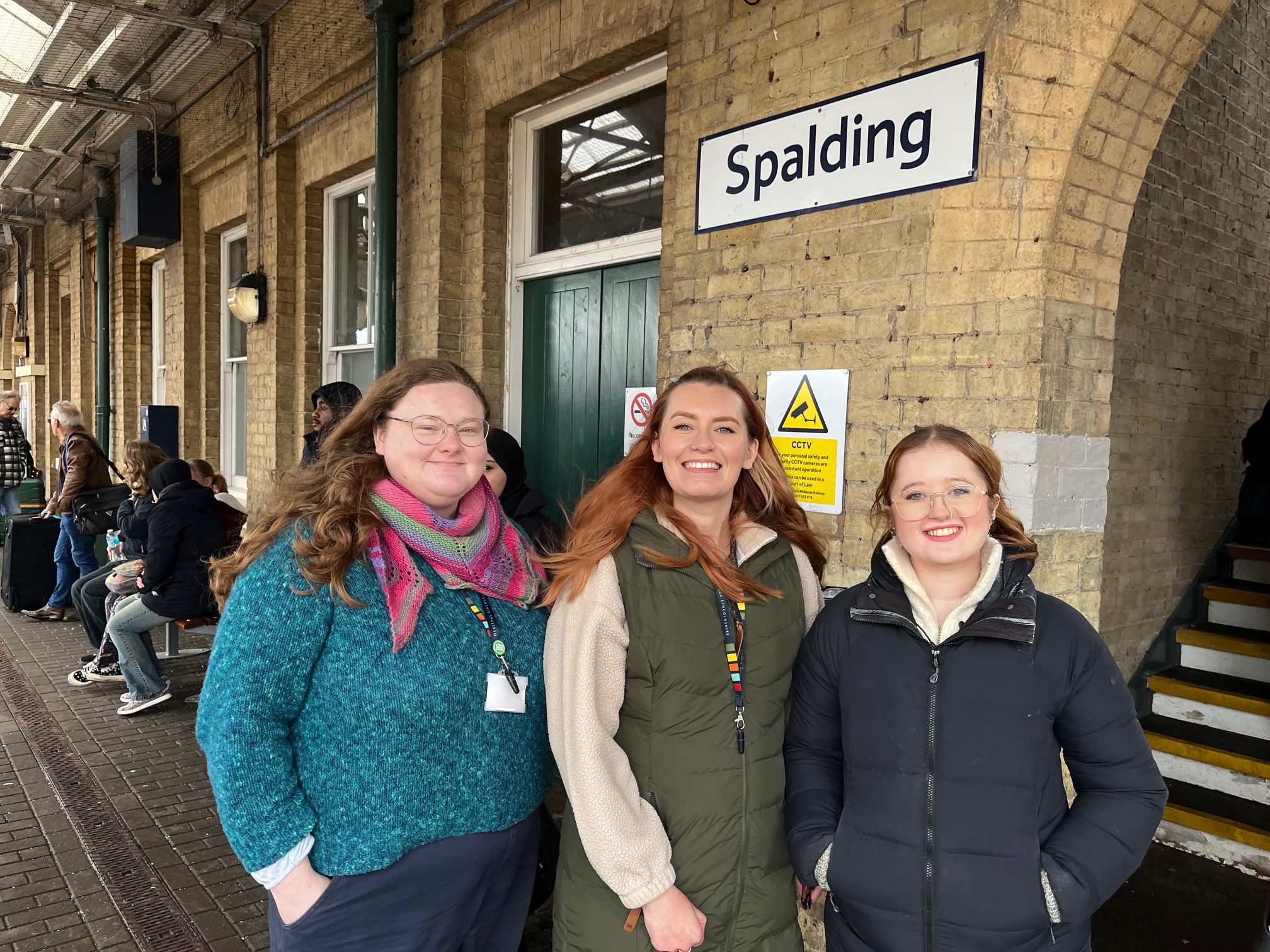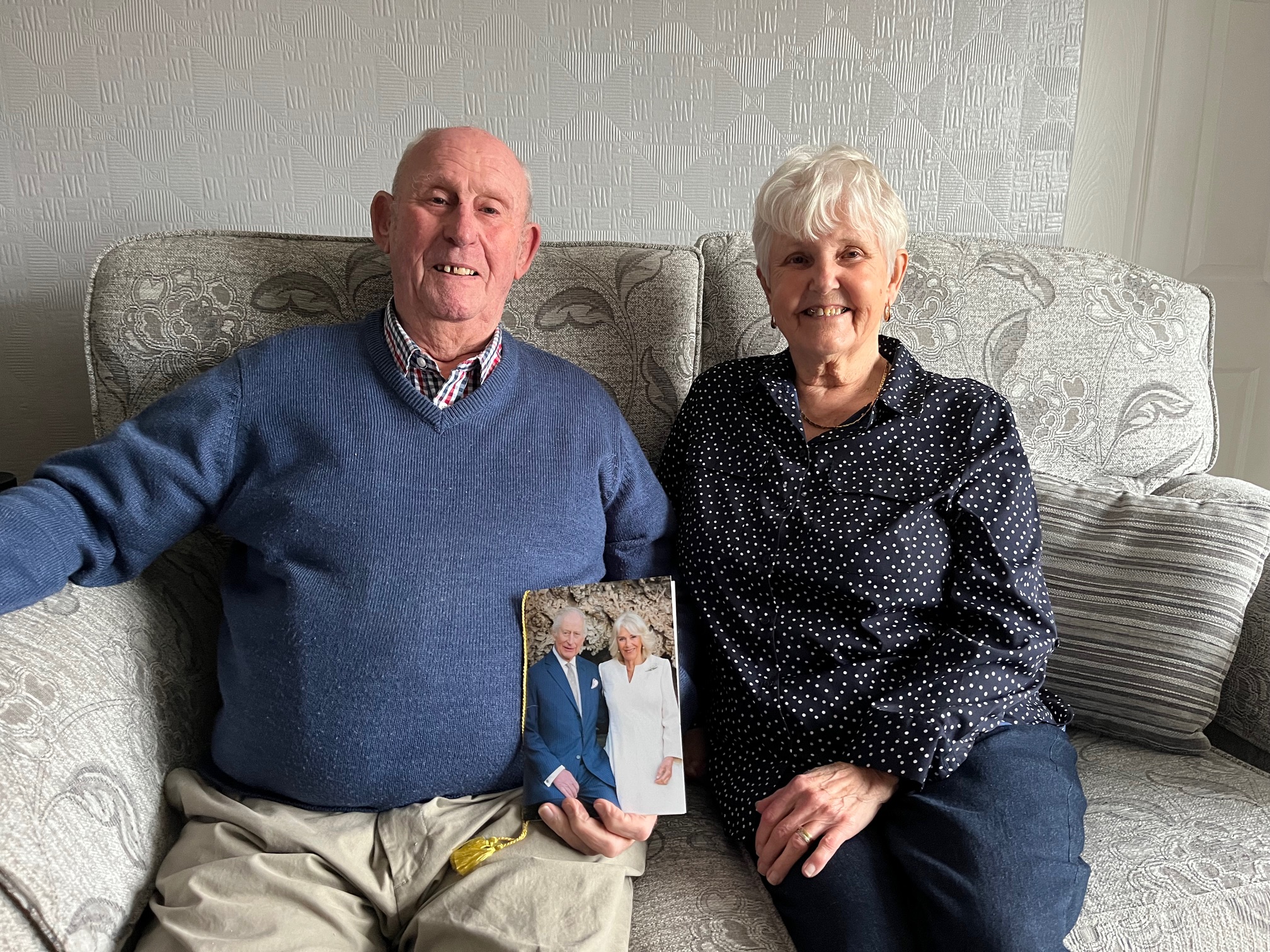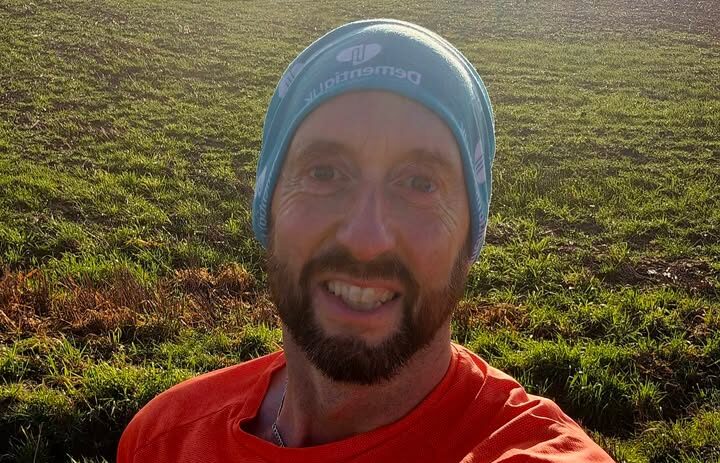A Spalding pub can continue trading despite eight police visits and evidence of cocaine use on both sides of the bar.
The Black Swan, New Road, was visited by officers “more than any other premises of any other size in the county,” police told members of South Holland District Council Licensing Panel when they met on Tuesday.
Sgt Kimble Enderby, of the Lincolnshire Police Alcohol Licensing Team, said of an official visit in May this year: “Once again, apart from one negative reading, every single swab taken indicated drug use on the premises, with 17 positive readings including the staff side of the bar.”
After more than two hours of deliberation, the panel imposed a total of seven conditions to keep the pub operating.
Members also ordered the removal of the current Designated Premises Supervisor (DPS), John Parr, advising he should be replaced with “someone whose prime responsibility is The Black Swan”.
Mr Parr, who took over the pub in 2015 and also runs pubs in Bourne, Werrington and Market Deeping, said he had inherited a “rough pub” but added a number of “undesirables” were now banned and some measures had been taken to reduce drug use. He told the panel: “We are trying our best and anything you ask of use we will adhere to.”
Sgt Enderby said police were aware of drug activity within the premises since 2011 and high readings for class A drugs, including cocaine, were found throughout the pub.
Surface testing ceased in 2014 when funding for the equipment was withdrawn, Sgt Enderby said.
“Without the machine we were unable to capture what was happening on the premises,” he said.
“I believe seven times without great improvement is far beyond a stepped approach,” said Sgt Enderby.
After 2014, other licensing issues arose, including issues with licences, staff training and the CCTV system not being used correctly.
In May this year, further funding was secured by police for the drug detection equipment and the eighth police visit took place.
The panel’s verdict said: “It became apparent, through questioning, that there had been a failure of supervision at the premises, specifically in terms of management of the premises and staff training.
“The panel was further concerned that the premises licence holder/DPS and the manager were unfamiliar with the four licensing objectives and could not recite them when asked.”
One condition of continuing the licence states: “The manager of the premises should hold a personal licence.”
During the hearing, the panel heard that Sean Moyses, who was present and identified himself as the manager, was in charge of staff training.
Sgt Enderby asked what training Mr Moyses had, to which Mr Moyses replied: “To be honest, I haven’t had any training at all.”
Mr Parr said Mr Moyses had worked at the pub for a long time so was aware of the processes.
Another condition set by the panel relates to staff training on the prevention and detection of illegal drug use.
Records must be made of what training has taken place and kept for at least 24 months.
A written policy also has to be produced to demonstrate the venue’s zero tolerance approach to drugs.
Clear signs must also be displayed and all incidents reported to the police. Any CCTV footage should also be retained, the panel said.
Following a police recommendation after the May visit, an incident book is currently in place in the pub, but the panel heard no incidents of drugs or violence recorded had been reported to the police.
Mr Parr said six or seven people received lifetime bans.
Discussing the high readings of drugs on surfaces throughout the premises, Mr Parr asked whether they could have been from people using drugs elsewhere and coming into the pub.
Sgt Endersby said trace amounts could suggest that, but the high readings on certain surfaces could only mean repeated drug use on those surfaces.
The final two conditions state a daily register should be kept of what checks are made to identify any drug usage and there should be one registered door supervisor on duty at peak times.
Mr Parr said the pub had recently employed an “undercover” enforcer, to patrol the pub and toilets.

